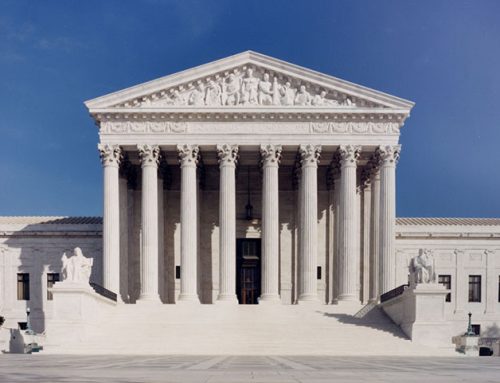New York Sets Stringent Regulations on Hemp Products, Banning Delta-8 and Other THC Variants
NEW YORK- New York’s cannabis regulatory framework has reached a new milestone with the finalization of rules governing intoxicating hemp products. The state’s regulators have imposed a ban on specific THC variants, including Delta-8 THC, THC-A, and THC-O, as reported by Syracuse.com. These rules represent a significant development in the state’s approach to cannabis and hemp product regulation.
The new regulations stipulate that hemp products containing THC must adhere to a CBD-THC ratio of 15-1, capping THC content at 10 milligrams per package and limiting servings to 1 milligram of THC. This decision aligns with New York’s effort to maintain strict control over the potency and distribution of cannabis-related products.
These regulations, initially introduced as emergency rules in July, faced legal hurdles with an injunction by Supreme Court Judge Thomas Marcelle. However, this injunction does not affect the newly finalized version of the rules.
Legal experts anticipate challenges to these regulations. Joshua Bauchner, chair of the cannabis and psychedelics group at Mandelbaum Barrett PC, expressed concerns to Syracuse.com about potential constitutional issues, suggesting that the rules could be seen as an overreach by the government. Bauchner predicts significant legal pushback against the state’s decision to ban the sale of products that are otherwise legal.
Additionally, the Cannabis Control Board has approved new fee structures for cannabis testing laboratories and renewed registrations for nine of the state’s 11 medical cannabis companies. These steps further solidify the regulatory environment for cannabis businesses in New York.
John Kagia, Director of Policy at the Office of Cannabis Management, reported notable sales figures during the meeting, highlighting the economic impact of the cannabis sector in New York. The state has seen nearly $109 million in legal cannabis product sales, with the fourth quarter of 2023 alone accounting for $23 million.
These developments in New York reflect the evolving landscape of cannabis regulation in the United States. As states grapple with the complexities of managing and overseeing cannabis and hemp products, New York’s stringent approach could serve as a model for others looking to ensure consumer safety and control over intoxicating substances.



































